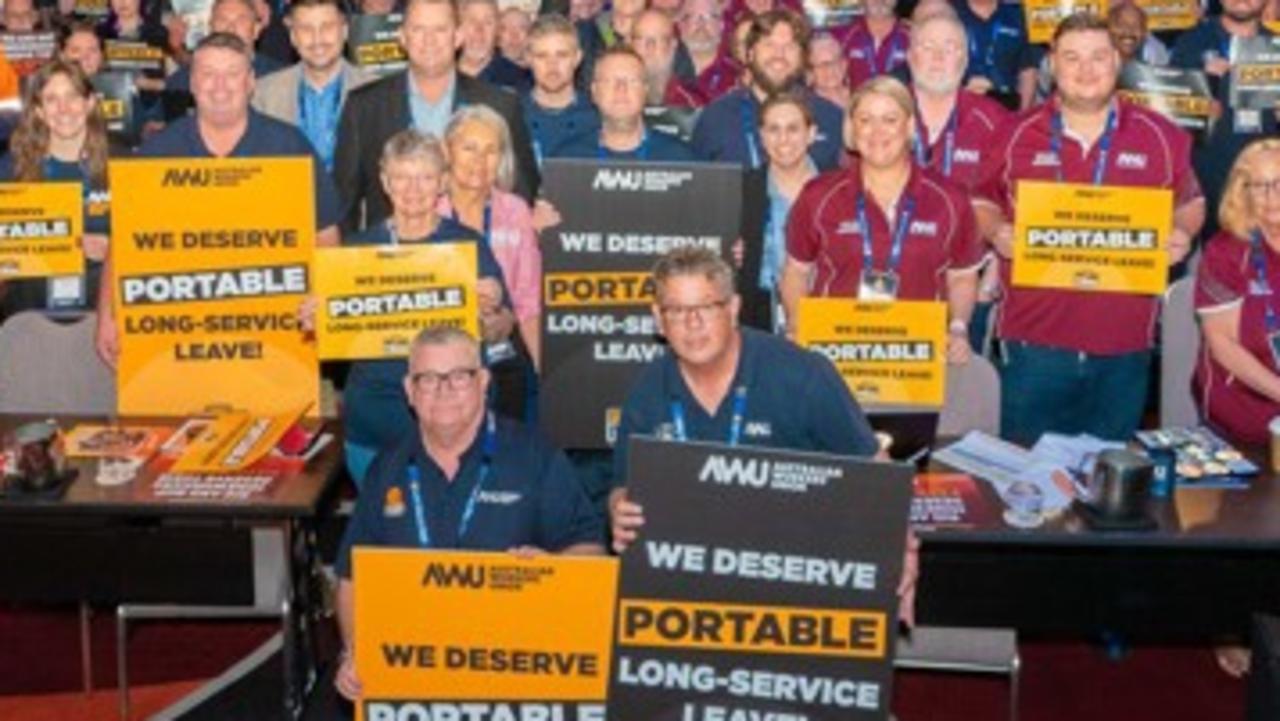The same resume with different names nets different results
IF YOU’VE ever suspected there were biases when it comes to jobseekers, you’re right. The same resume with different names will get different results.

ONE resume, two different names and lots of different results.
For anyone who’s suspected that there are gender biases in the recruitment process, here’s the latest proof to back it up. Recruitment firm Hays asked more than 1000 hiring about a candidate’s attributes and suitability based on a single resume.
Half the hiring managers received a copy of the resume with the name ‘Simon’ at the top while the other half was presented with a resume from ‘Susan’. In large companies (over 500 employees), 62 per cent of hiring managers said it was extremely probable they would interview ‘Simon’ while only 56 per cent said the same about ‘Susan’. In smaller companies, the difference was negligible.
Hiring managers with more experience (those who hire more than 20 people a year) also preferred to interview ‘Simon’ over ‘Susan’ (65 per cent versus 51 per cent).
But, apparently, we like people just like ourselves. Women hiring managers thought ‘Susan’ matched 14 out of 20 attributes needed for the job while ‘Simon’ only matched six. The stats were reversed for male hiring managers. But despite this, both men and women were more likely to interview and hire ‘Simon’.
Hays managing director Nick Deligiannis said: “At Hays, we’ve seen countless cases of hiring managers who are presented with a gender diverse shortlist but select more men than women for interview. Few would admit to biases but our survey results show it does exist — particularly in Australia’s largest businesses.”
One area where ‘Susan’ won out over ‘Simon’ was in the public service and not-for-profit organisations, where ‘Susan’ scored higher on technical and leadership skills.
Mr Deligiannis said: “We also found that there is bias towards women in the public and not-for-profit sector and men in the private sector. This reinforces stereotypes of women being better at ‘taking care’ and men at ‘doing business’ and ‘being decisive’.”
The research was conducted by Insync Surveys. The company’s chief executive Nicholas Barnett said the problem was not having unconscious biases.
“Having unconscious biases isn’t the problem. All of us have them to some extent. Not knowing we have them, not acknowledging them and not seeking to challenge them is a problem,” he said.
“Research actually shows that people who say they don’t have unconscious beliefs make more biased decisions than those who acknowledge their unconscious beliefs.”




